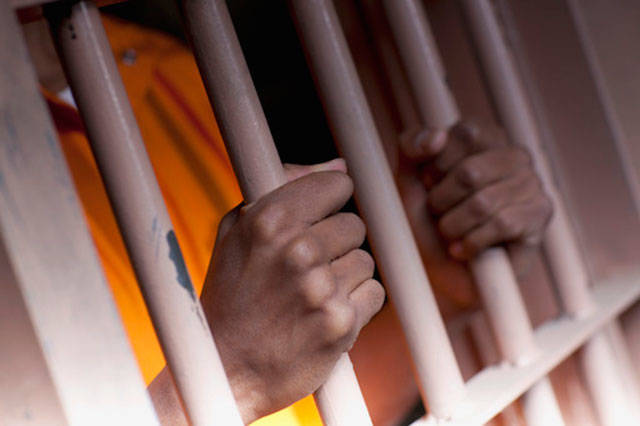By Kim Bogucki, For The Reporter
In 2008, I began asking incarcerated people a seemingly simple question: “If there was something someone could have said or done to have changed the path that led you to prison, what would it have been?” This simple question grew into a collaboration between law enforcement, directly-impacted people, and community partners focused on sharing stories to reduce incarceration.
After 13 years of hearing thousands of answers and forging hundreds of relationships with people with lived experience, the reality cannot be dismissed: the paths that brought these people into the criminal legal system are often rooted in poverty, racism and inequities in housing, healthcare and education. These weigh most heavily on our Black, Brown and Indigenous communities.
If we are serious about combating the root causes that lead people into prison, we must dismantle the barriers that prevent formerly incarcerated persons from contributing to their community. Among these are the laws that strip these individuals of one of the most basic rights bestowed upon us by the Constitution: the right to participate in our democracy through our vote.
Today, over 20,000 Washingtonians who are living in our communities, working, paying taxes and meaningfully contributing to their neighborhoods are unable to vote because of the impact of our criminal legal system. For the months or years that they are under community supervision, they are denied a chance to participate in the decisions that affect their lives.
Our lawmakers took the first step to change this recently when the Washington State House passed House Bill 1078. If the Senate does the right thing and also passes this bill, we could restore the right to vote to every citizen living in our communities.
Critics of this bill may argue a public safety or law enforcement reason for continuing to deny individuals meaningful participation in their government. Such arguments are unfounded.
On the contrary, the right to vote helps rehumanize people, gives them a sense of belonging to their community, and returns their ability to civically engage in our democracy. The research is clear: providing individuals the opportunity to contribute to society reduces their likelihood of returning to the criminal legal system. As a 32-year veteran of the Seattle Police Department, I am here to tell you that restoring people’s right to vote has no public safety risk, and in fact makes our communities safer.
When we allow every citizen in the community to vote, we set them up for success. It is when we fail to welcome people home, when we continue to marginalize them and strip them of one of the fundamental rights that bonds us as Americans, that we set them up to fail.
I want to ask our Washington Senators an “if” question. If someone told you that you had the opportunity to address systemic racism and make our community safer by rehumanizing our community members, would you take it?
By passing House Bill 1078, we have a chance to honor the will of impacted people, the Department of Corrections, survivor groups, and law enforcement representatives like me. We are all calling on Olympia to give a voice back to our neighbors.
Kim Bogucki is a 32-year veteran of the Seattle Police Department and the co-founder of the IF Project. The Washington State Voting Rights Restoration Coalition supports the restoration of voting rights to those formerly incarcerated in order to support their successful reintegration into the community. Contact: info@freethevotewa.org


